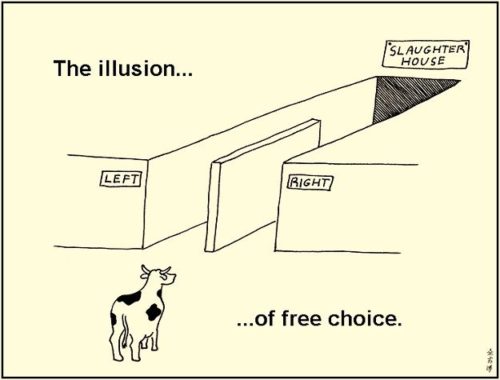The New Zealand Parliament will soon get another chance to bring our cannabis laws into the 21st century, with Julie Anne Genter’s Misuse of Drugs (Medicinal Cannabis and Other Matters) Amendment Bill drawn from the Member’s Bill Ballot this week. This ought to herald the long-awaited national conversation on the subject.
The Bill allows for any Kiwi suffering from “any debilitating condition” to use cannabis or a cannabis product if they have approval from a doctor. It also allows for such patients to cultivate cannabis themselves or to nominate someone to do it for them.
This latter point is extremely important and often underappreciated. One of Peter Dunne’s strategies to keep cannabis illegal by boondoggle has been to restrict supply to extremely expensive overseas sources, such as Sativex (which costs over $1,000 per month), instead of simply allowing people who need it to cultivate it themselves. This Bill would remove this deliberately-placed hurdle.
As Genter points out, the decision to make cannabis illegal was not based on evidence in the first place. Doctors in the 1930s were prescribing medicinal cannabis to patients in New Zealand, as they were all across the world.
The decision to stop doctors from prescribing cannabis was pushed on us by moronic do-gooders forcing their Puritan ideology on the rest of the world.
There was never any science involved, nor any common sense, foresight, empathy, compassion or concern for good order.
From the beginning, cannabis prohibition was based on nothing but a sadistic need to control the masses through causing them suffering, and on the gullibility of legions of morons willing to bleat whatever they heard from an authority figure as if it was the Word of God.
For a person to still not know that cannabis is medicinal they have to be willfully stupid.
The Aotearoa Legalise Cannabis Party first stood in a General Election in 1996. Already in 1996 the party platform had the need for medicinal cannabis as one of its core tenets.
In 1996 it got 1.66% of the vote, so even twenty years ago it was true that one in sixty Kiwis considered cannabis law reform a major issue. After all, California legalised medicinal cannabis that year, so the medicinal properties of cannabis were already known and accepted by experts even then.
Since then, twenty-eight US states have made medicinal cannabis legal and eight have made recreational cannabis legal – and none of them have gone back to prohibition after making the change.
So to deny that cannabis law reform is inevitable is like denying that a heavyweight boxer who has won forty consecutive knockout victories is a title contender.
For a person to continue to believe that the prohibition of medicinal cannabis helps New Zealanders, they have to possess a willful ignorance that borders on malice.
They would have to continue to ignore all the stories from hundreds of medicinal cannabis users, over twenty years, in which they detailed the reduction in suffering that cannabis gave them.
They would have to think nothing of the fact that supporters of medicinal cannabis are winning a victory every month either in New Zealand or in another Western jurisdiction.
They would have to believe that it was fair that any of Martin Crowe, Paul Holmes and Helen Kelly could have been prosecuted and sent to prison for using medicinal cannabis to alleviate pain caused from dying of cancer.
And a person cannot think like that unless they purposefully deny reality for the sake of bringing cruelty into the world.
When the debate about medicinal cannabis does, finally, after over twenty years of campaigning, happen in Parliament, the MPs who oppose it will mark themselves out as particularly sadistic old dinosaurs who need getting rid of.



